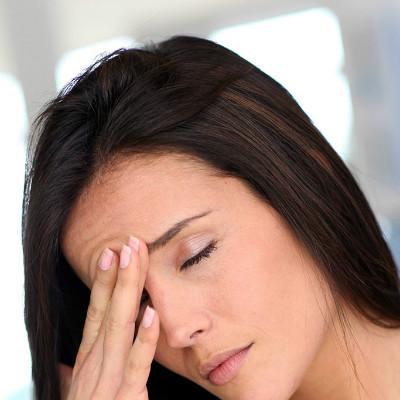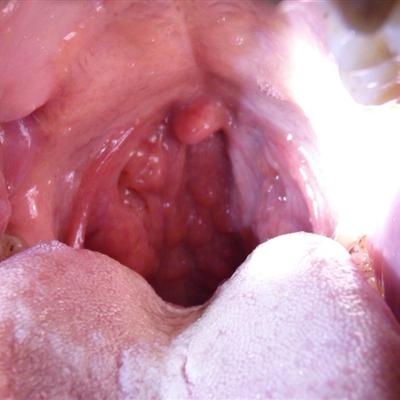Symptoms of asthenia?
summary
Neurasthenia is one of the diagnoses of neurosis in China. It is due to long-term tension and pressure, mental excitement and mental fatigue, often accompanied by emotional distress, irritability, sleep disorders, muscle tension pain, etc; These symptoms can not be attributed to brain, physical diseases and other mental diseases. The symptoms were mild and severe, the fluctuation was related to psychosocial factors, and the course of disease was prolonged. In the last century, the concept of neurasthenia has undergone a series of changes. With the change of doctors' understanding of neurasthenia and the classification of various special syndromes and subtypes, the diagnosis of neurasthenia has not been made in the United States and Western Europe. The field test of CCMD-3 working group has proved that the diagnosis of neurasthenia is also significantly reduced in China. Symptoms of asthenia? Let's talk about it
Symptoms of asthenia?
(1) Emotional symptoms, such as worry, nervousness and irritability, are often related to various contradictions in real life, and they are difficult to deal with. There may be anxiety or depression, but it is not dominant;
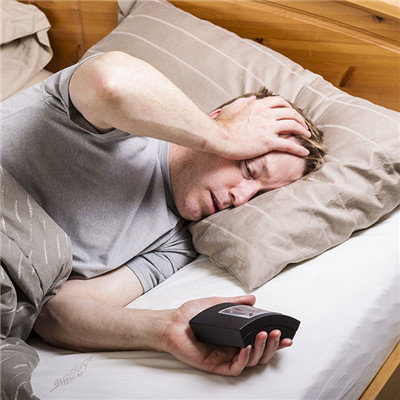
(2) Excitatory symptoms, such as mental excitability (e.g. increased recall and association), are mainly due to the difficulty of directional thinking, while non directional thinking is very active, painful and unhappy due to uncontrollable, but nonverbal movement increases. Sometimes it is sensitive to sound and light.
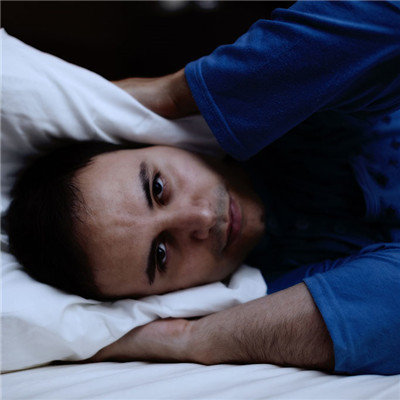
(3) Muscle tension pain (such as tension headache, limb muscle soreness) or dizziness; Sleep disorders, such as difficulty in falling asleep, dreaminess, feeling restless after waking up, loss of sleep sense and disorder of sleep wake rhythm;
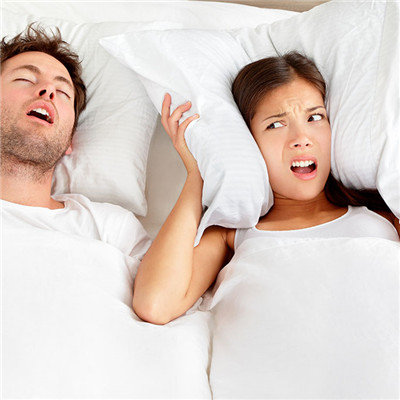
matters needing attention
The treatment principle of this disease is that after detailed examination and elimination of organic diseases, psychotherapy, behavioral therapy, combined with drug and physical therapy can obtain better curative effect. Antianxiety and antidepressant drugs can improve the anxiety and depression of patients, relax the muscles and eliminate some physical discomfort. Other treatments, including physical exercise, tourism, recuperation, and adjustment of unreasonable study and work style, are also good ways to get rid of trouble, improve tension and relieve mental pressure. Supportive and explanatory psychotherapy can help patients understand the nature of the disease and eliminate secondary anxiety.
